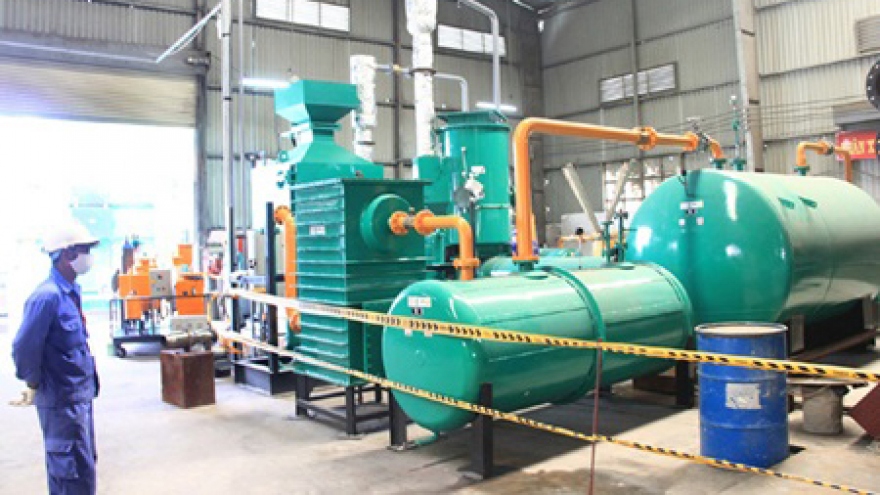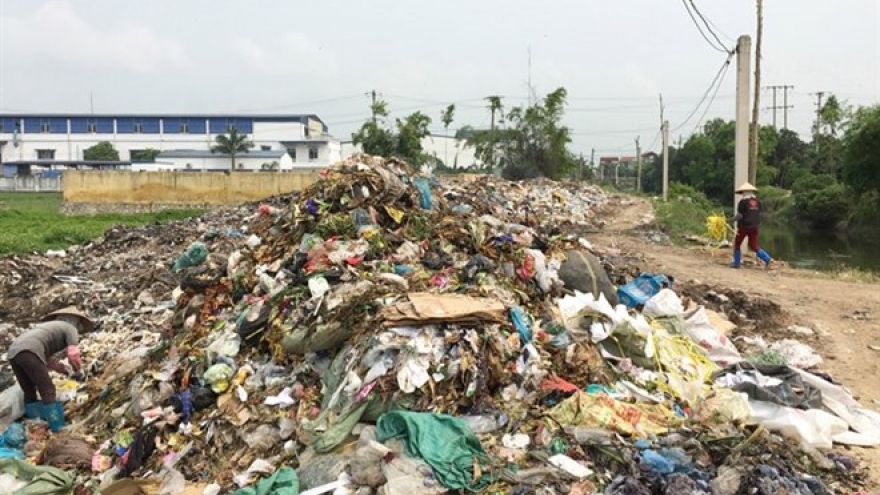Volunteers join hands for trash-free Ha Long Bay
Over 100 volunteers have joined hands to collect rubbish along beaches in Ha Long Bay, a UNESCO Heritage Site in the northern Vietnamese province of Quang Ninh, as part of a program to turn the bay into a green and garbage-free tourist destination.
 |
| Volunteers collect trash along Coc Cheo and Bang Ang Beaches at Ha Long Bay in the northern Vietnamese province of Quang Ninh. Photo: Tuoi Tre |
This is the fourth time the program has been held since it was first initiated in June 2016, aimed at developing a green and rubbish-free Ha Long Bay.
This year’s event was attended by more than 100 volunteers who are representatives of local yacht companies and tourist firms, university students and lecturers of tourism and hospitality, members of non-governmental organizations, and experts from the Ha Long Bay management board.
 |
| Volunteers collect garbage in Ha Long Bay. Photo: Tuoi Tre |
It was also part of a series of activities to mark the 2018 World Environment Day under the theme of reducing plastic waste.
The volunteers were divided into two groups to collect trash at Coc Cheo and Bang Ang Beaches stretching a total length of 200 meters and were able to gather about 741 kilograms of garbage.
Jake Brunner, program coordinator of IUCN Vietnam, believed that the goal to turn Ha Long Bay into a green tourist destination is achievable as long as local authorities, businesses, and international organizations keep contributing to the effort.
 |
| The trash is loaded on a boat to be brought to the mainland. Photo: Tuoi Tre |
According to Nguyen Huyen Anh, deputy head of the Ha Long Bay management board, over 2,000 metric tons of trash was collected along beaches in the bay.
The board and competent authorities have been focusing on protecting the environment at the destination and minimizing the negative impacts of tourism on the UNESCO World Heritage Site, Anh remarked.
“We have required all tourist boats to be equipped with onboard recycle bins. Those boats that are caught dumping rubbish into the water will be sternly punished,” she stated.



